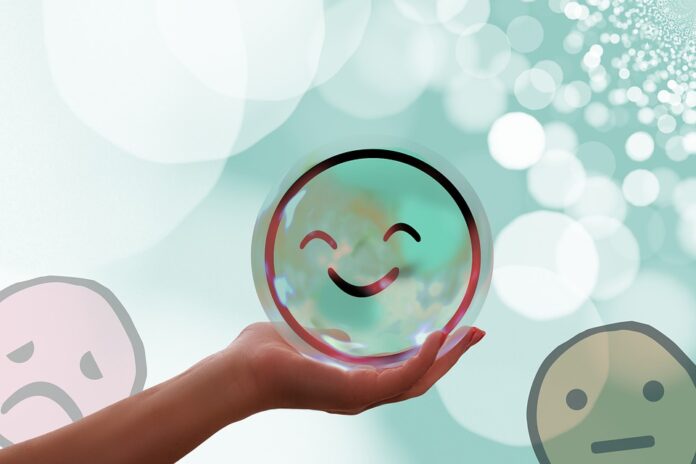
Mental health is probably the most important kind of health care. It trickles down to everything else. If you are depressed, for example, you won’t want to take care of the rest of your body. It all starts at the top.
I suffer from anxiety and depression. I have for decades but only did something about it a few years ago.
If something is going on with you, now is the time to do something about it.
I wish I had taken it seriously when it started in high school. I couldn’t always focus, and my moods went from super happy to super sad. I didn’t really think anything of it because I just described a basic teenager.
By the time I got to Montclair State University, I was telling my teachers that I might have to leave early because I can’t sit through classes. “It’s not you, it’s me,” I said. Remember that Far Side cartoon where the kid asks if he can be excused because his brain was full? That was me. After about a half an hour, I couldn’t handle any more stimuli. I was pressing my fingernails into my arm to try to keep my mind from wandering.
You would think that would be a warning sign, but no… I thought I was too tough for that. I had created a bunch of crutches to get by instead of dealing with the problem in my head head-on.
About 5 years ago, I finally gave in and started taking a happy pill every day. I didn’t even have to go to a psychiatrist – my own general practitioner was able to prescribe.
The first pill took the edge off, but didn’t solve the problem. So, we upped the dosage. That was ok but it didn’t get the job done. So, we tried a different med. That pill worked even better but I still had some freak-outs for no reason. Finally, the pill I’m on now is pretty good. There are still bad days but I think I’m mostly in the groove with it. I share these trials and errors because I want you to know that simply taking a pill isn’t going to solve everything. You’re still going to have to adjust it, and put the work in. But it’s work worth doing.
Now that I’m on the mend, I can’t believe how long I let myself suffer. I could have been happier for 25 years. A quarter century of “just getting by.” I’m kicking myself now. Why did I wait?
I’ve never been at the point where I was going to hurt myself or others so, to me, I didn’t think I really needed help. I didn’t realize that all this time I really was hurting myself. And I could have been a better husband and friend during those years if I was able to crawl out of my cave long enough to do so. And worst of all, having a toddler while dealing with extreme mood swings was bad. Real bad.
There’s a connotation to being “crazy,” obviously. No one wants to be called that – or to think of yourself as that. But we’re all a little nuts, honestly.
I’ve never been to a therapist. I check in at the GP every so often, fill out a questionnaire, and I’m done. What I’ve said to people is “My life is great, but my brain doesn’t let me enjoy it.”
Our brains are full of chemicals and electrical impulses. Sometimes, your wiring will be off. That’s nothing to be ashamed of. If you need a cup of coffee to get your head on straight in the morning, why not also take meds?
What’s the difference between taking a pill for a migraine and taking a pill for depression? They both make your head pain go away.
Part of the problem was that I’ve always been so independent that I would never ask for help. I kept thinking “I can handle this. I can fix this.” And I would ignore the evidence that I couldn’t.
I never played a sport in my life, how could I be macho? It turns out that it’s ingrained in us. Men especially are told never to ask for help. Americans got their start by literally fighting for independence. That self-sufficiency is in our DNA. Add to it that Jersey strength and damn, we will fight like crazy and never back down. Never get help. Never admit weakness.
The strongest thing you can do is admit a weakness. It takes amazing bravery to swallow your pride and ask for help.
May is Mental Health Month, where caregivers are trying to eliminate the stigma that keeps people from getting the help they need. So, if I can admit my mental health issues to our tens of thousands of readers, I encourage you to tell the people you love and to tell your doctor. Don’t wait for 25 years like I did.
Chris Lundy
News Editor






